Breaking Down Benefits of Using Brilliant X-ray Light to Know Bio-based Materials: Workshop
Bio4Energy scientists and partners are offering an opportunity for researchers to learn more about the benefits of applying for time to make experiments aided by brilliant X-ray light, at so-called synchrotron facilities, to study the inside of materials.
The partners are hosting a workshop 27 November at Umeå, Sweden; both for on-site and online participation. Sweden, where the scientists are based, is host to the world’s first fourth-generations synchrotron, the MAX IV Laboratory at Lund.
Synchrotrons are machines—giant particle accelerators—imagined as a tool for advancing science beyond what the forefathers of science deemed possible. With the aid of specialised staff, guest researchers can have a material that they want to know X-rayed with powerful light beams to the point of literally knowing it inside out.
With the aid of specialised staff, guest researchers at synchrotrons can have a material that they want to know X-rayed with powerful light beams to the point of literally knowing it inside out.
“Synchrotrons are very much like Swiss army knives, but the various tools attached utilise the brilliant X-rays for almost all kinds of X-ray-based measurement techniques”, according to Nils Skoglund, associate professor at Umeå University.
“Each experimental station has [its] own set-up and is called a beamline, where there is great expertise in the specific analysis performed within the beamline staff”, he added.
The research environment Bio4Energy has two experienced synchrotron research coordinators in its ranks. Skoglund leads the research platform Environment and Nutrient Recycling, while Mikael Thyrel heads up Feedstock Pre-processing. Thyrel is also head of his university department at the Swedish University of Agricultural Sciences.
Endless possibilities for study and observation
From Skoglund’s platform, researchers have used beamline time thoroughly to investigate oxidation states of certain elements inside nutrient-carrying materials. They drew on the Balder beamline at MAX IV, for this undertaking. At DanMAX beamline they looked at the distribution of crystalline phosphates in 3D, for biomass ash and biochars. Biochar is charcoal, sometimes modified, that is intended for organic use, as in soil, says Wikipedia.
“These are just some examples of how Bio4Energy researchers utilise our large-scale research infrastructure where we are awarded beamtime in international competition”, Skoglund said.
Bio4Energy researchers have used beamline time to investigate oxidation states of certain elements inside nutrient-carrying materials and the distribution of crystalline phosphates in 3D, for biomass ash and biochar.
As the name of his research platform suggests, Skoglund scientific focus is nutrient and resource recovery from the energy sector. The team at his laboratory design renewable fuels and, by doing so, aim to alter the quality of ash remaining from combustion or gasification of biomass.
Whereas the scientific community has spent decades debating whether biomass ash should be ‘brought back’ to forest soils as a fertilizer, Skoglund has remained steadfast in his replies to Communications that it depends what is in the ash.
“Even though the goal is common, the desired fuel blend compositions are likely different for the forestry sector, agricultural sector, and waste streams from society”, he cautions on his university researcher’s profile.
As far as synchrotron research goes, Skoglund recommends a book by Swedish professor Jan-Erik Rubensson with the title of, Synchrotron Radiation – An everyday application of special relativity;
“So, it is not really correct to identify a specific type of research that could be conducted at a synchrotron—it is more about what phenomenon you want to observe with the brilliant X-ray light available”.
Event information and registration
Workshop on Synchrotron Measurements – Bio4Energy
Contact
Nils Skoglund, Bio4Energy Environment and Nutrient Recycling — Affiliation with Umeå University
Related News
Bio4Energy Partner LTU Part of ‘Largest Investment in Material Science in Sweden’ – Bio4Energy
Change of Leader at Bio4Energy Environment, Nutrient Recycling – Bio4Energy
Video by courtesy of SLAC National Accelerator Laboratory, California, U.S.A. With special thanks to SLAC for spreading knowledge and for the permission to republish.

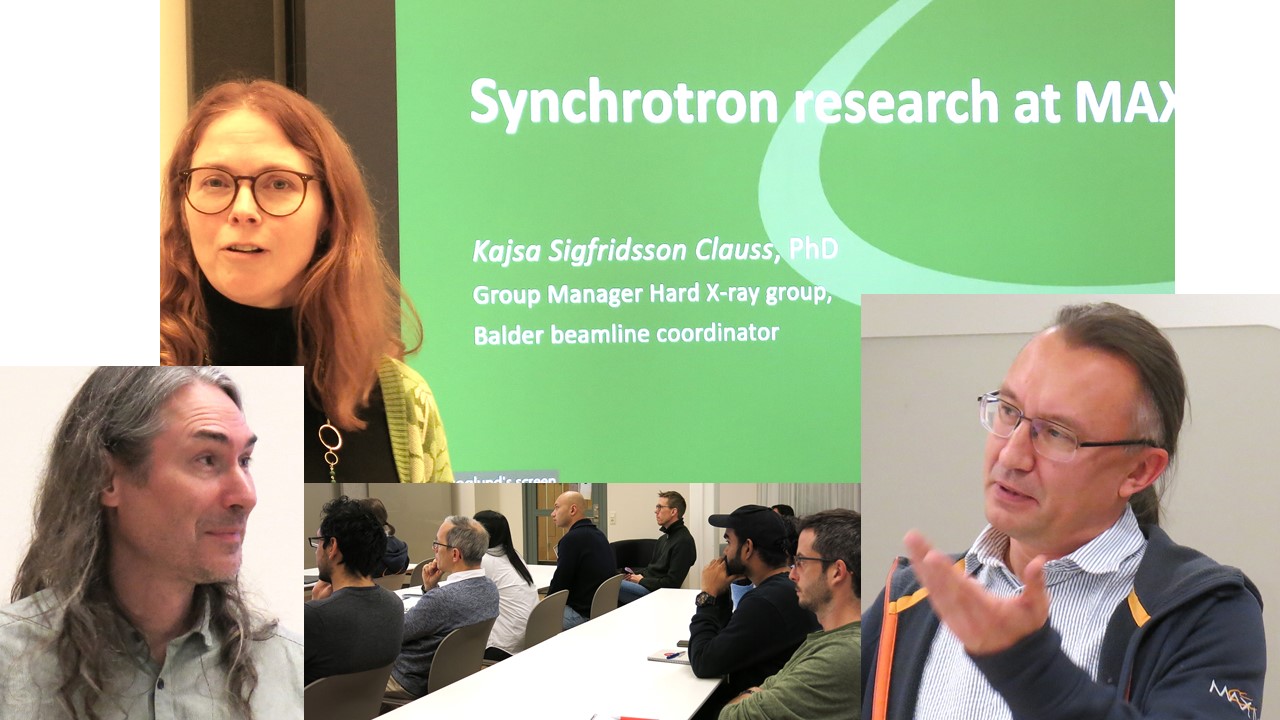 ©AnnaStrom
©AnnaStrom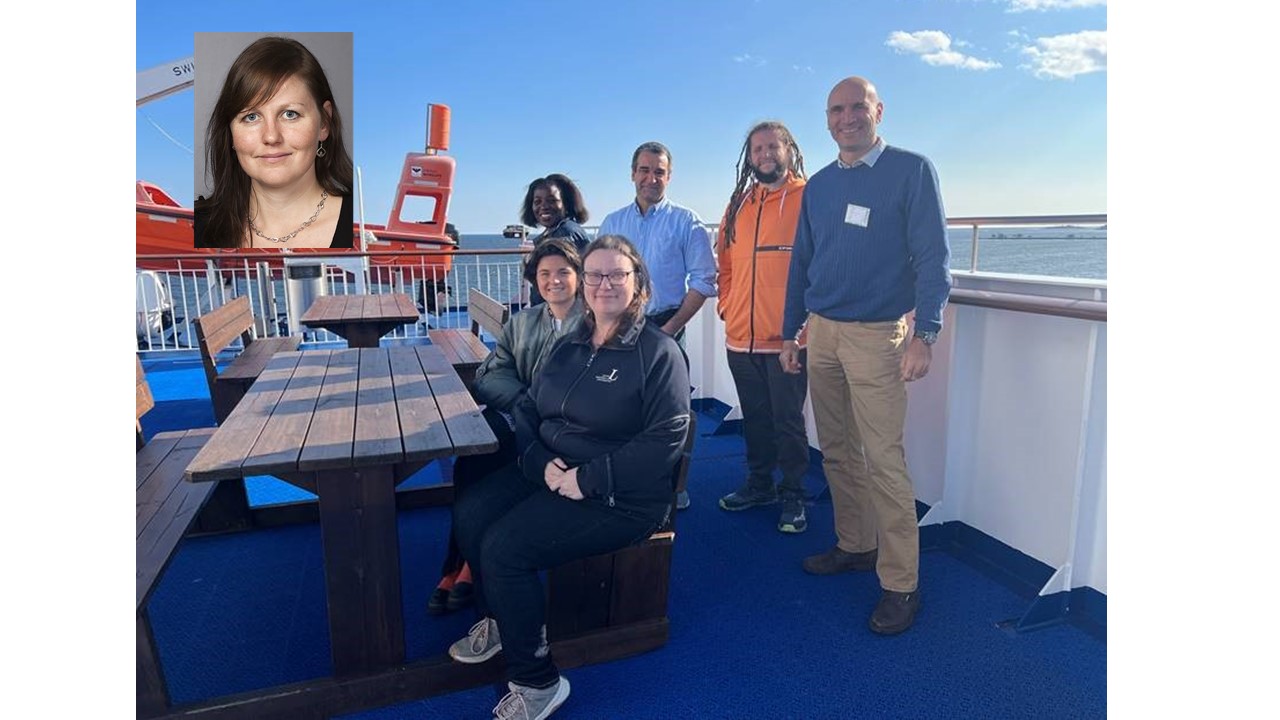
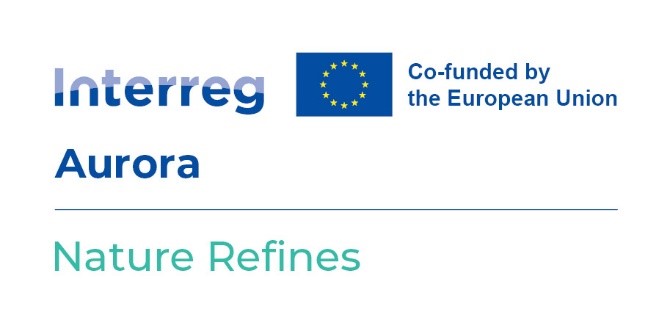
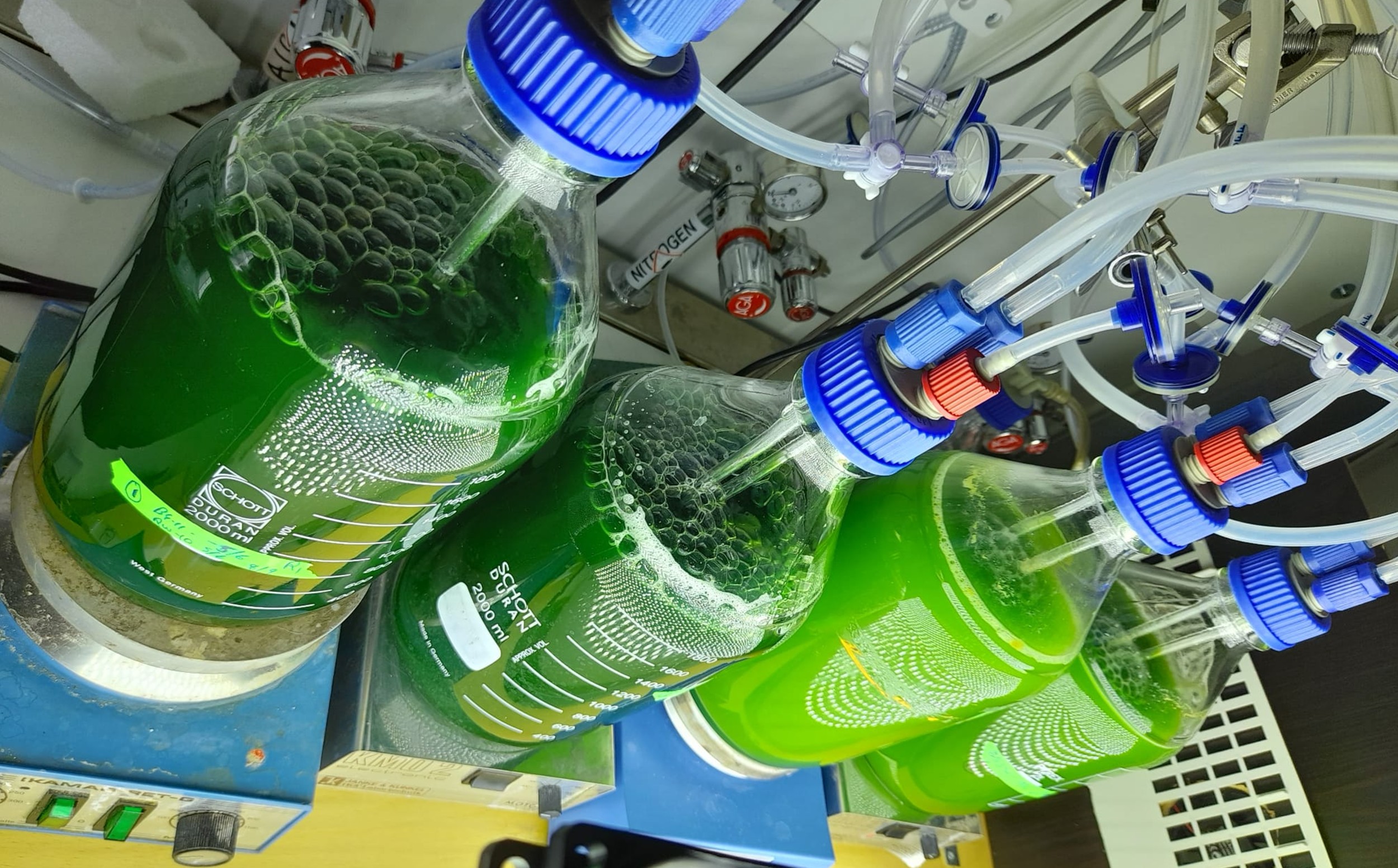
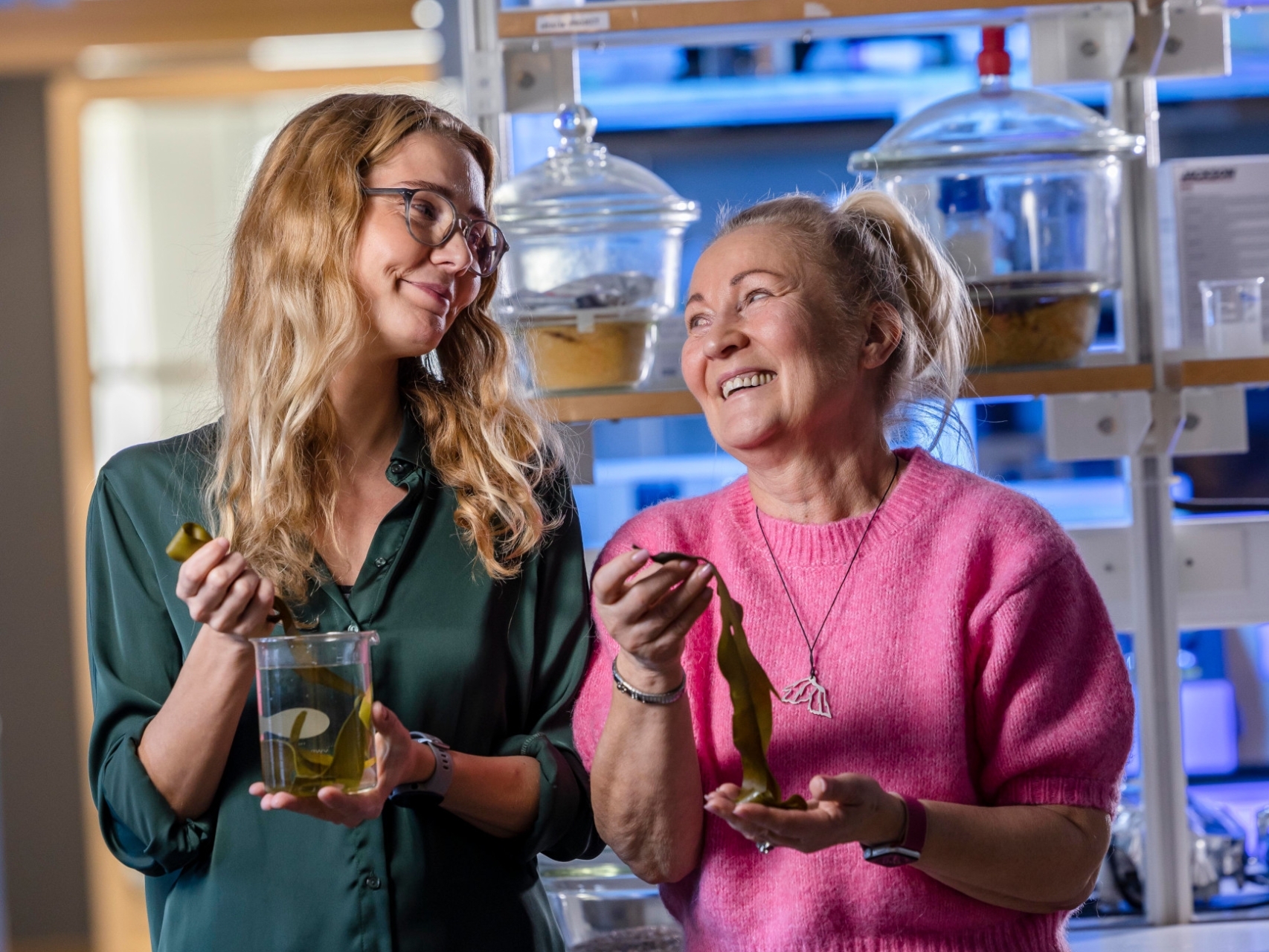
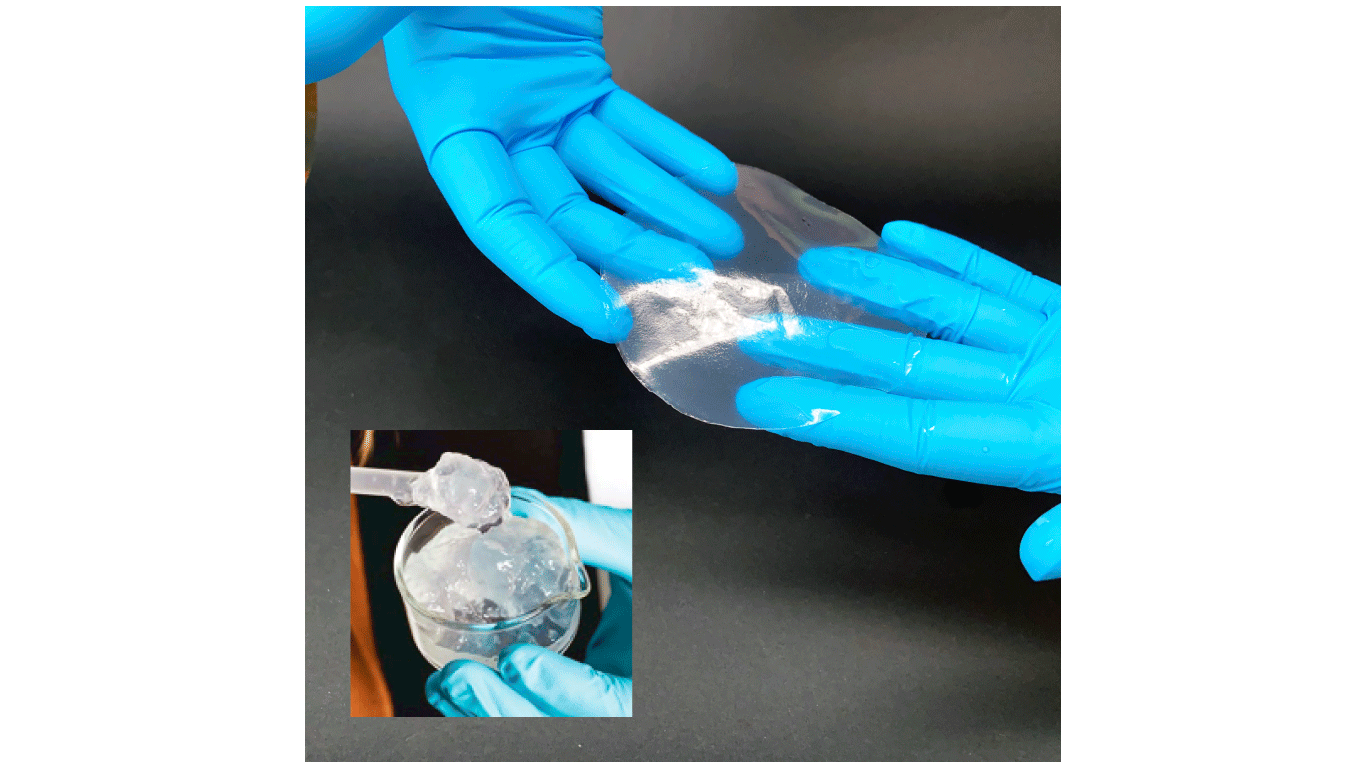
 ©AnnaStrom
©AnnaStrom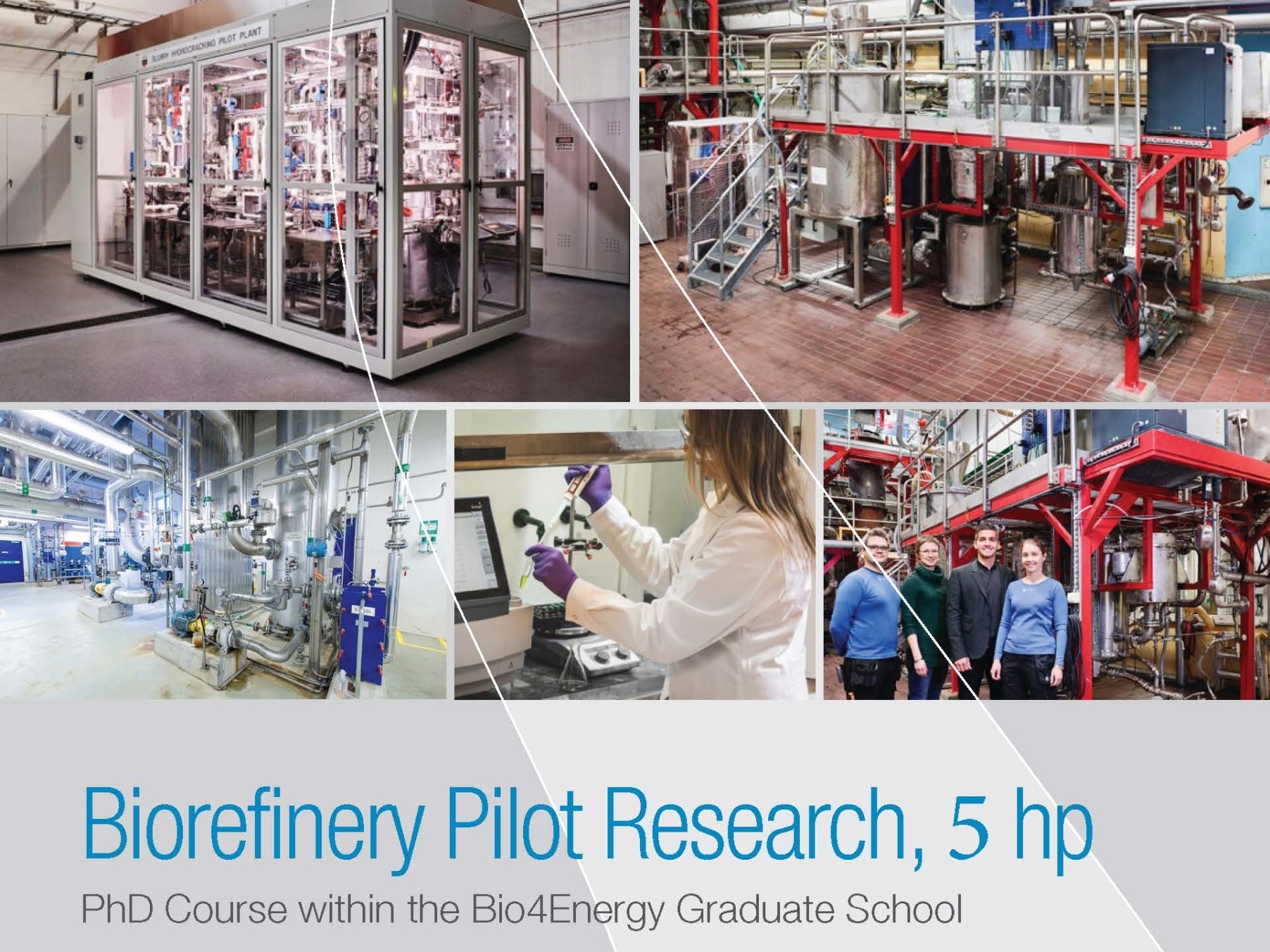 Bio4Energy
Bio4Energy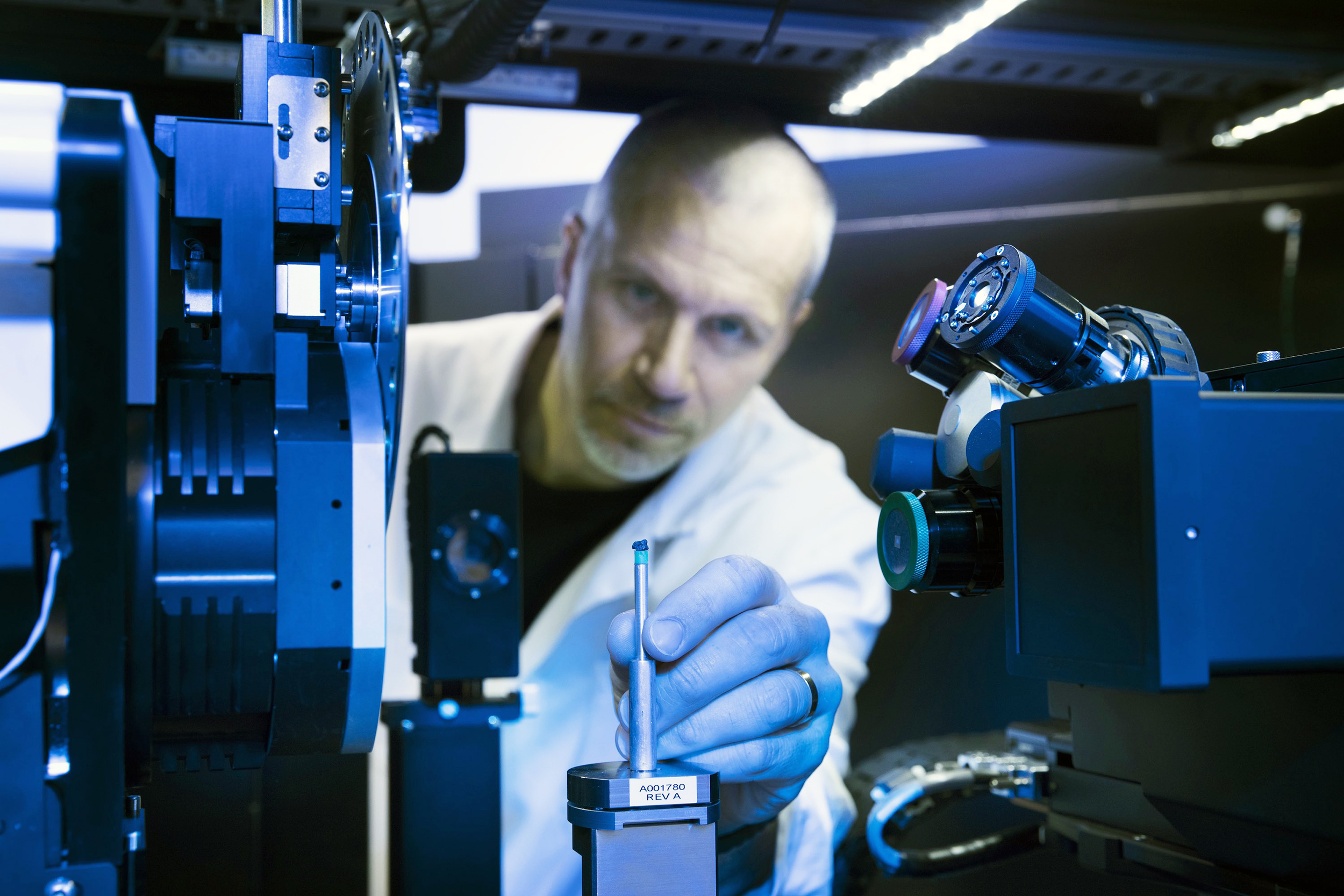
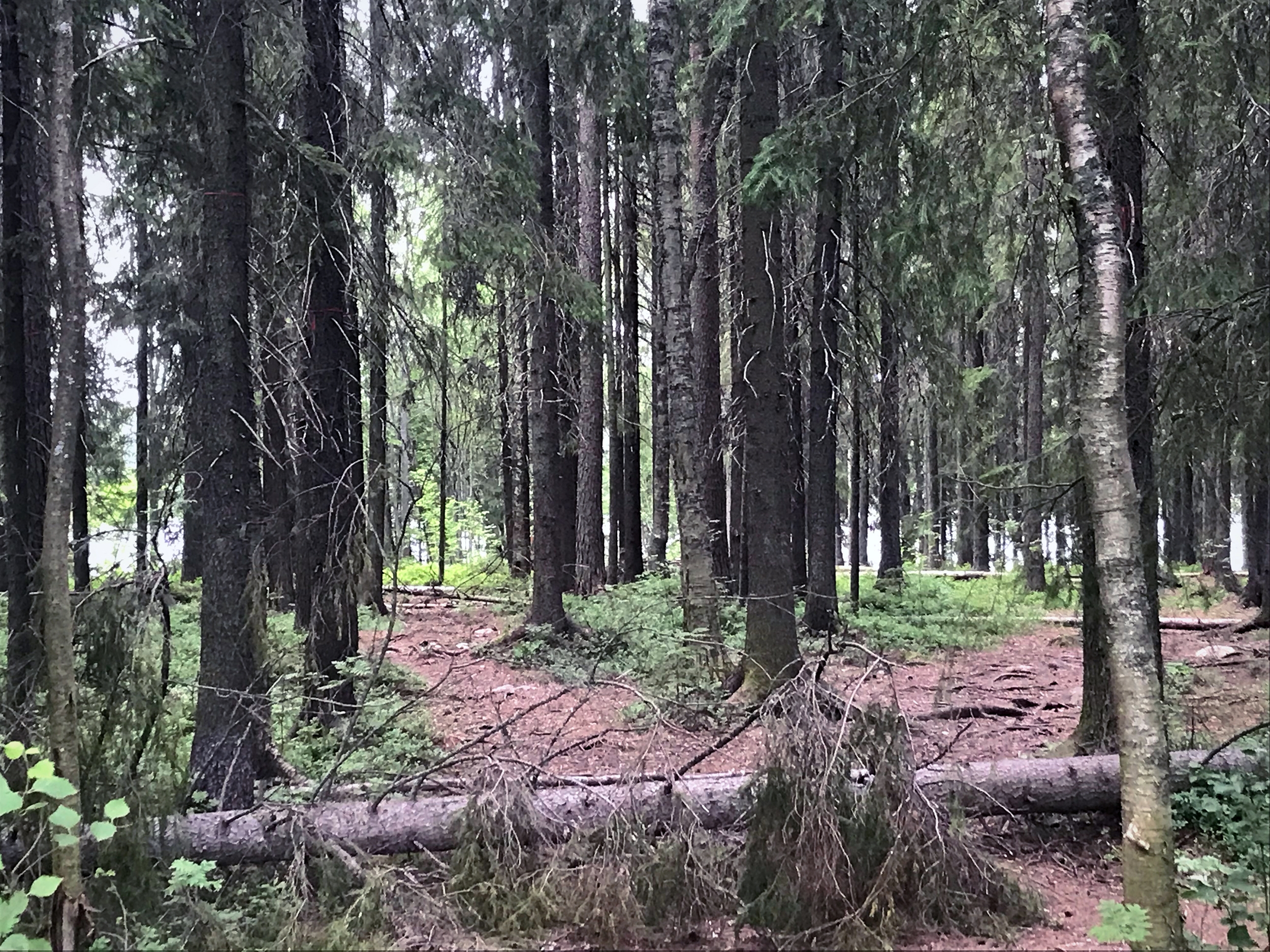 ©AnnaStrom
©AnnaStrom Umea University
Umea University



